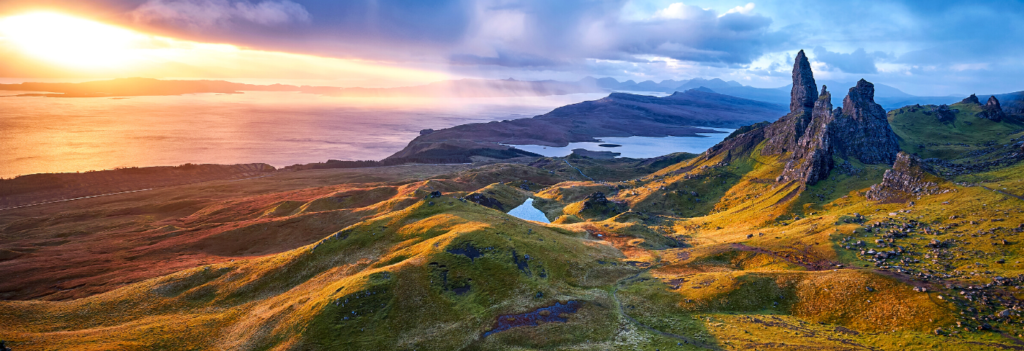Research shows that travellers and holidaymakers want to travel sustainably and look for businesses and destinations that take responsibility for providing them with those opportunities. 48% say they find it harder to make sustainable choices while on vacation than in their everyday life. We need to make it easier for them.
WTM is launching a Platform for Change encouraging businesses and destinations to make it easier for travellers and holidaymakers to travel sustainably.
The choices we make about where, how, and when we travel affect the quality of our experience and the impacts we have in our destination, on the people we encounter and their natural and cultural environment.
There is a great deal of responsible travel advice around, but it is not always easy to find. This page, and the pages that it links to, have been designed to make the available advice more accessible. Here we present some generic advice about travelling responsibly and getting the most out of visiting someone else’s place. On the menu below, there are some pages giving advice on particular issues, environments and places.
In 1904 Mark Twain wrote, “Travel is fatal to prejudice, bigotry, and narrow-mindedness, and many of our people need it sorely on these accounts. Broad, wholesome, charitable views of men and things cannot be acquired by vegetating in one little corner of the earth all one’s lifetime.” Well, yes, but not always.
- Remember that we take our holidays in other peoples’ homes, where they go to work, sleep, raise their children and study
- Do you really need to fly? If you must fly, fly more carbon efficiently more
- Be aware of where your money is going, eat and stay in locally owned places and buy locally produced art, craft and souvenirs – you will benefit the local people and have a more authentic experience of the place
- Be aware of the wealth and power disparity between you and the people who serve you and treat them as you would like to be treated if you were doing their job
- Pay a fair price. Bargaining is part of some cultures; remember that a good deal is when both the buyer and seller are happy. Be aware that a trader may be desperate to sell to feed their family or buy medicine for their sick child, take care not to exploit their vulnerability
- Respect cultural heritage, wildlife and the natural environment; consider donating to its maintenance
- Never give gifts to children; it encourages begging, instead give to their parents or teachers.
- Be culturally sensitive, travel with respect for the traditions and taboos of the people whose country you are visiting, dress and behave respectfully
- If you wouldn’t do it at home, don’t do it abroad. How would you feel if a coach load of foreign tourists arrived to visit your child’s school dance class?
- If you want to engage with local people and experience something of their culture, prepare for your trip, read something of their history, politics, environment and culture. You will get more from your trip
- Learn a few words of the local language
- Photograph ethically and with respect advice
- Make no promises to local people that you cannot be certain you will keep
- Be aware of your water and energy consumption, don’t waste resources
- Don’t litter. Take the packaging with you, recycle it before you leave home. Recycle used batteries or bring them home for proper disposal
- Ask before taking photographs of people and their children, homes and religious places – these as their private spaces. Their privacy matters as much as yours does
- If you want to have fun in the sun, drink and party, and let your hair down, then choose a resort or a party destination
- Don’t buy counterfeit goods or products made from wildlife
- Choose to travel with responsible operators and stay in sustainable accommodation
There is more detailed advice and lots of resources on these pages.
=> Child Protection Beyond Orphanage Visits
=> Codes for Tourists
=> Flying
=> Places & Tips
=> Volunteering
=> Wildlife & Habitats
=>The Travel With Care Code
For further Responsible Tourism blogs, please visit > WTM Global Hub | Responsible Tourism
